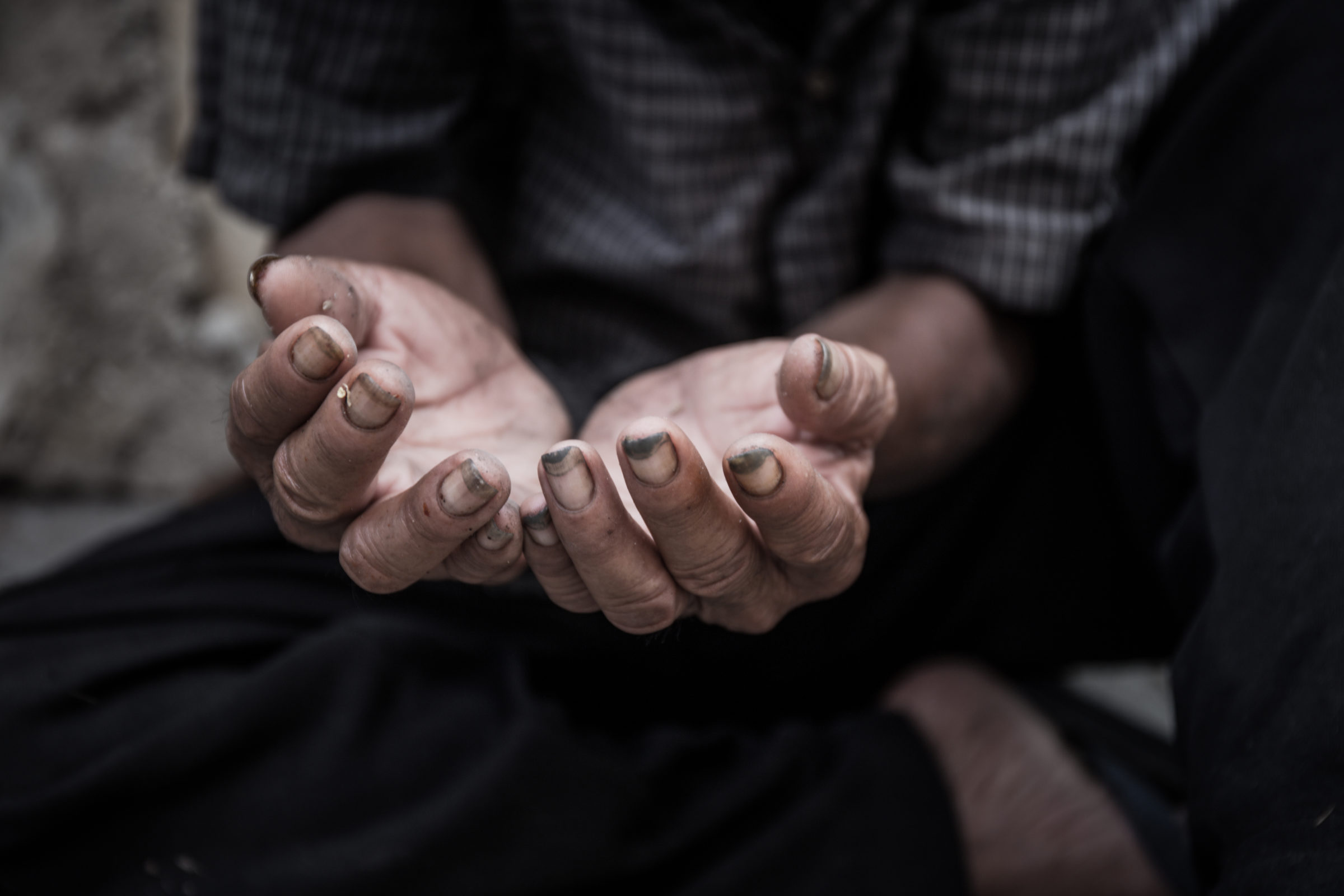Wealth & Poverty Review What Does Real Compassion for the Homeless Look Like?
Steven J. Buri, President – Discovery Institute
In August 2019, I was called to jury duty at the King County Courthouse in Seattle. The courthouse sits in a corner of downtown Seattle that has been troubled by rampant drug use, crime, and violence for the better part of a decade. Last year a man entered the courthouse, evaded security, and sexually assaulted a woman in a bathroom. It has such a reputation as a trouble spot that, according to one judge quoted in the Seattle Times, jurors regularly call to ask, “Can I serve somewhere else?”
I don’t recall the street scene being particularly troublesome on the day I arrived for jury duty. But there is one thing I recall with absolute clarity: the defendant that day was a man named Travis Berge. I recognized him as soon as I walked into the courtroom. Mr. Berge featured prominently in Seattle is Dying, a KOMO TV documentary released in March 2019.
In the film, Travis gets visibly excited when journalist Eric Johnson tells him he is on a list of problematic repeat offenders. “Which one am I?” he exclaims, after earlier admitting an addiction to methamphetamines and stealing to support his habit. He also seems to view himself as somewhat of a celebrity. He says that the criminal justice system has “exalted me” and “show(n) love… towards me.” But is that true?
There is another part of Travis’s story that is lesser known to the Seattle public. Follow-up stories on KOMO show him playing a flute while on roller skates. He also spoke all or part of four languages. Anyone watching could see his enormous potential, but his addiction to drugs, exacerbated by mental health issues, prevented him from being a productive member of society.
As part of the jury selection process, the judge asked me if I could be impartial in the case. Since I recognized Mr. Berge, I answered, “No.” Fellow members of the jury pool were excused so I could explain. In Travis’s presence, I noted that I recognized the defendant from a television documentary. As a result, I was quickly excused from service.
There is a tragic end to Travis Berge’s story. In September 2020, while living in a tent near Seattle’s Cal Anderson Park, he took the life of his girlfriend. He subsequently died in a tank filled with water and bleach while evading police. It didn’t have to happen.
Seattle’s approach to homelessness is not compassionate. Yes, the goal is to keep addicts alive, but helping them shoot up is not dignified. Allowing people to live in squalor and filth in tents on sidewalks is not humane. And leaving without proper treatment those haunted by mental illness is not civilized. Worse yet, this misguided approach endangers those suffering and the public at large. Meanwhile, many businesses that are already struggling through the pandemic still contend with the burden of the rampant crime and theft that accompanies these untreated behaviors. Until we get serious about addressing root causes, the homeless crisis will continue to accelerate.
Discovery Institute’s Fix Homelessness initiative offers a path forward for policymakers, the public, and those who recognize that the failed policies of the past are doomed to fail in the future. Here we focus on the true causes of the crisis. And, importantly, we focus on the inherent dignity of those suffering while offering solutions that help them realize their full potential as human beings.
Contrary to the prevailing view in this region, a lack of funding is not the problem. King County’s own surveys demonstrate this fact. Fewer than 10% of those experiencing homelessness say that the cost of housing or a rent increase is the root cause of their predicament. Instead — as even casual observers know — it is primarily a crisis of addiction and mental illness. It’s time to redirect the funding already allocated to programs that address these critical needs. Rather than funding expensive housing units or buying up hotels to house the homeless, state, and local leaders should build treatment centers that have been woefully underfunded for decades.
Our initiative will also shine a spotlight on the “revolving door” justice system that enables and rewards the criminal behavior driven by rampant drug use and mental illness. Critics often argue that these crimes are necessary for survival to those experiencing homelessness. But is it a societal good to allow behaviors that drive businesses, jobs, and opportunity out of the city? Clearly not. Yet for too long, residents have been afraid to speak out for fear of being targeted by “progressive” activists.
When I was excused from that jury pool nearly four years ago, it was in the presence of Mr. Berge. As someone who was familiar with his story — both his crimes and his potential — I was tempted to ask the judge for permission to address him. I wanted to encourage him to seek treatment, to make use of his talent, and to pursue wholeheartedly his full potential. I chose not to. Would it have made a difference? Most likely not. But as a society, we need to try to prevent more tragedies like the one that took two lives. There are countless others that we have failed as well.
Our Fix Homelessness initiative is dedicated to that purpose.

